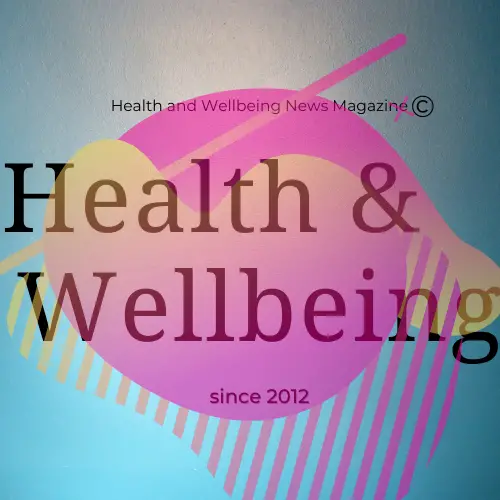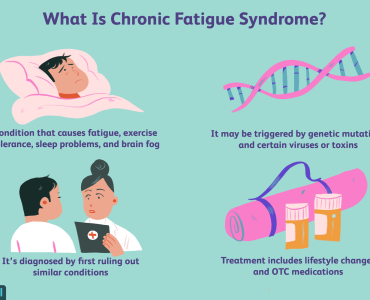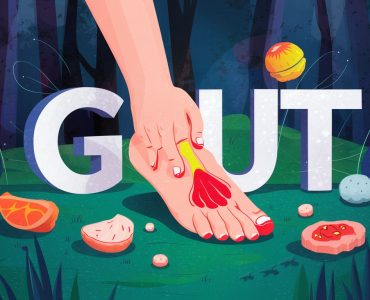What are Vitamins?
Vitamins are biologically active organic compounds, found in the food we eat. With very few exceptions, the body cannot manufacture or synthesise vitamins. These nutrients are supplied in the diet or as dietary supplements, and they are essential to the normal functioning of our body. They are necessary for our growth, vitality, and general well being, and without them we become ill.
Vitamins regulate metabolism, help to convert fat and carbohydrates into energy, and assist in forming bone and tissue. There are two types of vitamins:
- Fat Soluble, which include vitamins A, D, E & K.
- Water soluble, which include vitamins C and the B vitamins.
When we eat foods that contain fat soluble vitamins, they are stored in fat tissue and the liver, until they are needed by the body.
When we eat foods that contain water soluble vitamins, they travel through the blood stream and whatever the body doesn’t need to use is excreted when we urinate, rather than being stored. We should therefore eat good sources of water soluble vitamins on a regular basis to prevent deficiency.
What are Minerals?
Minerals are inorganic compounds, usually metals or salts, that are normally found in the soil and absorbed by plants which are then eaten by animals and people. Some of these minerals are essential nutrients to health and are needed to make body structures as well as acting as catalysts for hundreds of biochemical processes, other minerals are actually toxic (lead, aluminium, cadmium, mercury). Essential minerals are divided into two groups, macro-minerals and trace elements.
Macro-minerals are needed in relatively large amounts. This is because some of them, such as calcium, magnesium and phosphorous, are needed for building the structure of bone and help to control water balance along with sodium and potassium.
Trace elements are needed in much smaller amounts, as they regulate and balance our body chemistry. Trace elements include chromium, cobalt, iron, iodine, manganese, molybdenum, selenium, silicon, strontium, sulphur, vanadium and zinc.
Essential mineral deficiencies are linked to various health disorders and these are becoming more common due to soil exhaustion, food refining, poor dietary intake and an increase in toxic mineral consumption.
Vitamin and Mineral deficiencies have been linked to many health disorders. Supplements cannot replace food, but should be taken with your meals in order to be best absorbed. The pages in this section will give you a detailed guide to Vitamins and Minerals, how they work in your body and the best food sources.





